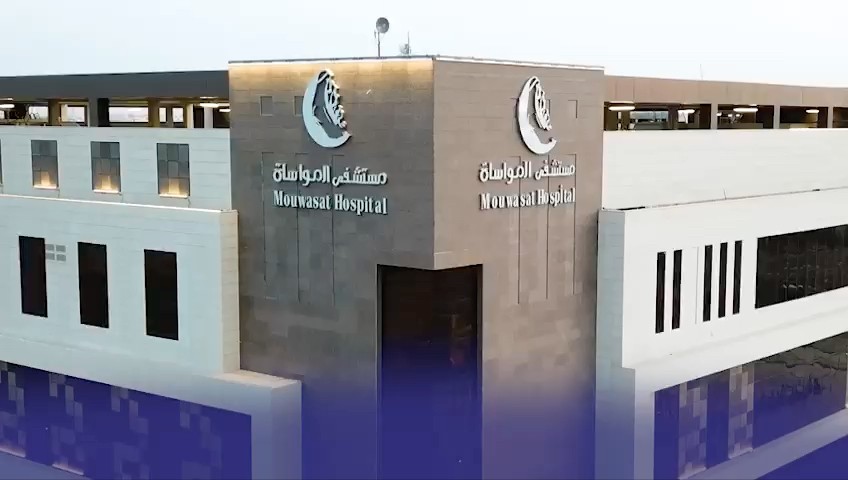


The medical team at Al-Mouwasat Hospital in Al-Khobar successfully conducted a series of operations to completely remove cancerous kidneys under the supervision of Dr. Abdulrahman Abdulkarim Al-Muhrej, a Consultant in Urological Oncology, Robotic Surgery, Endoscopy, and Kidney Stones. The surgery was performed using a robotic system with precision through small incisions. At the end of the procedure, one of the incisions was enlarged to the size of the kidney for extraction. Patients can typically resume eating normally and be discharged from the hospital within a day or two, depending on their recovery and overall condition.
Robotic surgery enables complex operations to be performed with greater accuracy, faster recovery, and fewer complications, such as reduced bleeding and less post-operative pain compared to traditional surgical methods. This type of surgery requires specialized medical personnel.
Currently, most procedures that are traditionally performed through open surgery or endoscopy can be done using advanced robotic technology. Various urological procedures can be carried out with robotic assistance for patients of all ages, including complete or partial kidney removal, adrenal gland surgery, prostate, and bladder removal. Additionally, robotic surgery can be used for ureteral repair and ureteral reimplantation.
Dr. Abdulrahman advises that if there are general symptoms such as significant unexplained weight loss or severe pain, it is essential to visit a doctor to conduct tests for overall health assurance. In the case of discovering a kidney tumor, it is recommended to consult a specialist in urological oncology, endoscopy, and robotic surgery to determine the nature of the tumor and the appropriate treatment plan. Surgery is often the best treatment option, and when successful, it may not require additional therapies.
Kidney cancer is usually discovered incidentally during imaging tests (ultrasound, CT scans, or MRI) that are performed for other reasons. It is noteworthy that most kidney tumors do not present symptoms, and when symptoms related to the tumor appear, it may indicate an advanced stage of the disease.